
The UN Global Compact, the world's major corporate sustainability initiative, unveiled new guidance and assessment tools aimed at advancing sustainable infrastructure under the Belt and Road Initiative in Beijing on Monday. (Photo provided to chinadaily.com.cn)
The UN Global Compact, the world's major corporate sustainability initiative, unveiled new guidance and assessment tools aimed at advancing sustainable infrastructure under the Belt and Road Initiative in Beijing on Monday.
The event saw the participation of high-level representatives from government, businesses and academia.
The guidance tools, titled "Global Compact Ten Principles Applied in Infrastructure Sectors under the BRI: A Practical Guide for Private Sector Players" and "Maximizing Impact towards the SDGs: Guidance and Assessment Tool for Companies to Advance Sustainable Infrastructure under the Belt and Road Initiative", emphasize the critical role of businesses in the BRI.
The tools aim to foster innovation, drive economic growth and utilize resources to ensure that infrastructure projects not only address immediate needs but also pave the way for long-term sustainable development.
By shedding light on the relationship between the BRI and the sustainable development goals, these reports provide practical tools and insights for companies to align their projects with global sustainability trends, especially the Ten Principles of the UN Global Compact, which encompass human rights, labor practices, environmental stewardship and anti-corruption measures.
"The challenges of sustainable infrastructure development are significant but not insurmountable. The collective will, shared vision, and unwavering commitment of all stakeholders can indeed make a difference. The findings and recommendations of these reports will undoubtedly empower businesses to rise to the occasion and help create a world where every infrastructure project becomes a cornerstone toward sustainable and inclusive development," remarked Sanda Ojiambo, CEO and executive director of the UN Global Compact.








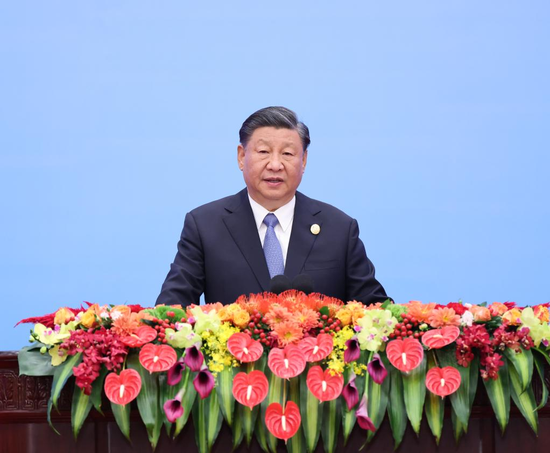
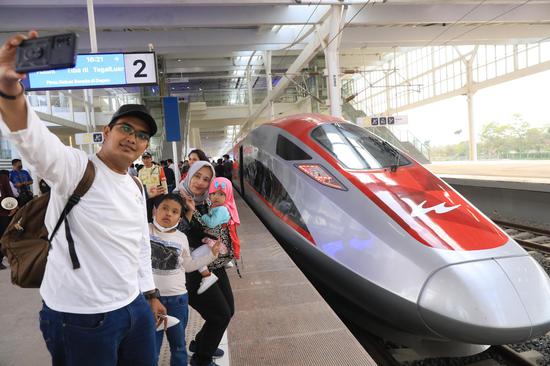


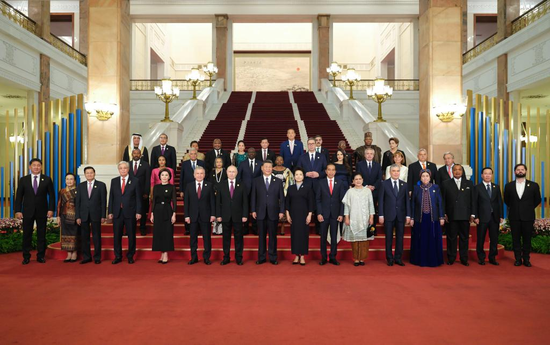
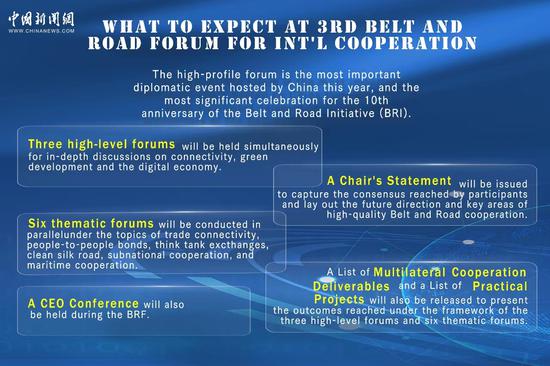

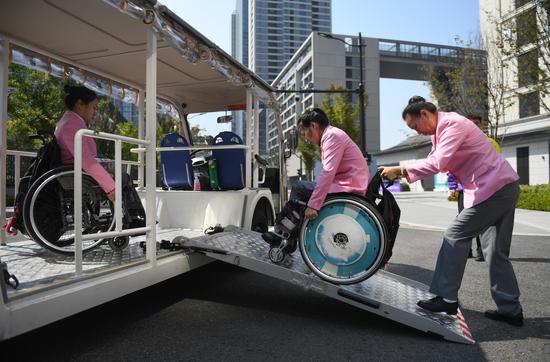



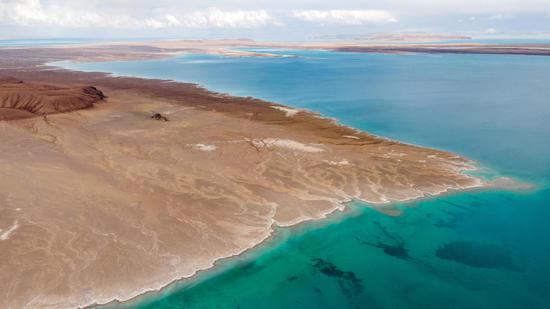

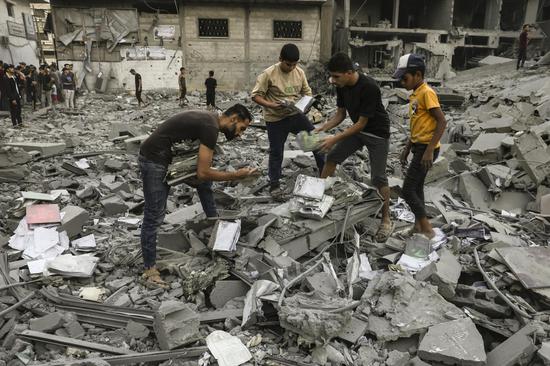
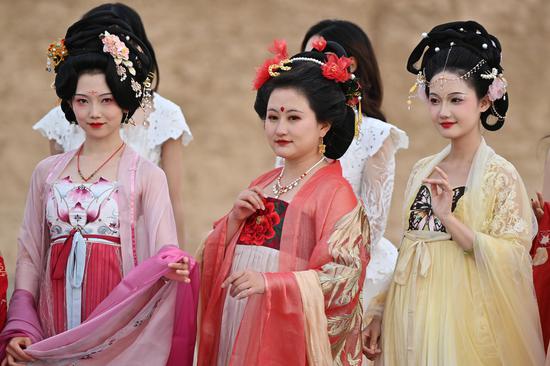
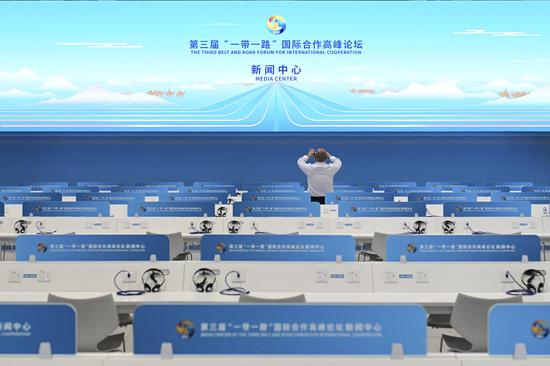
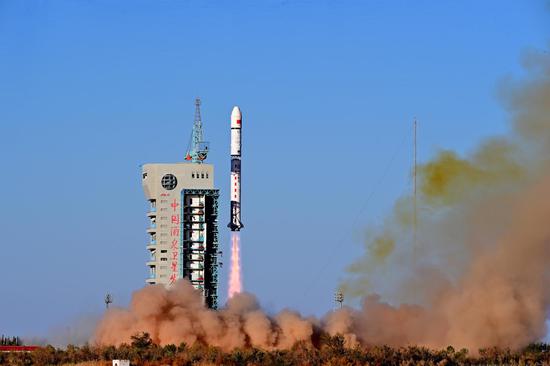
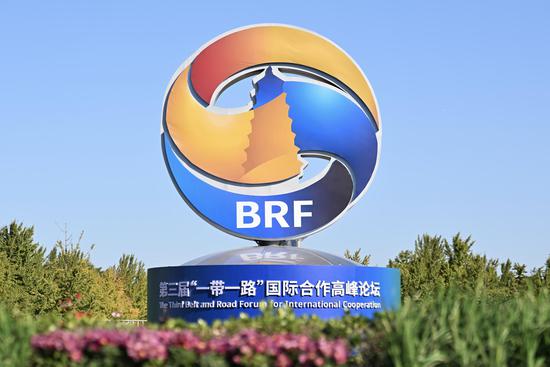
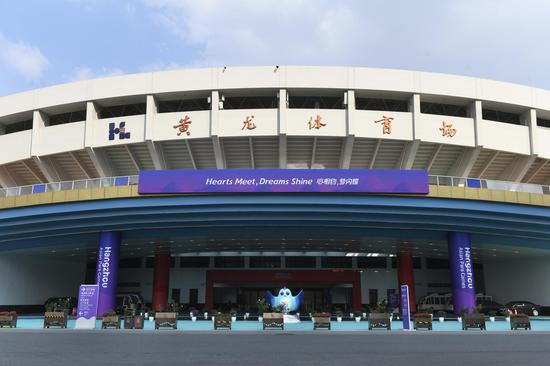



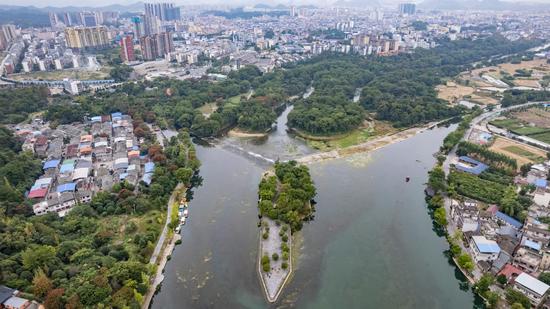
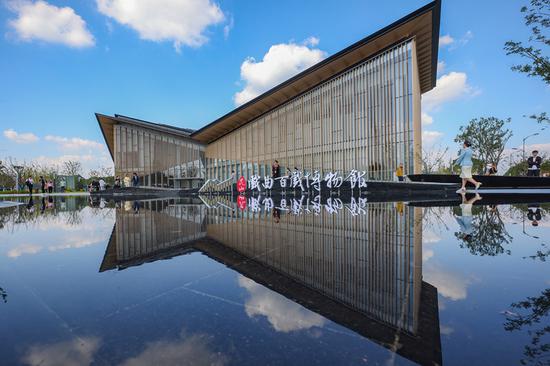

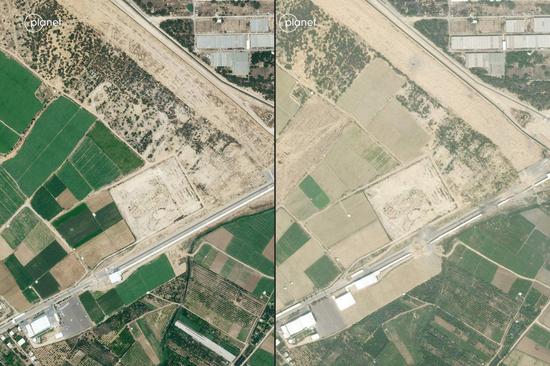

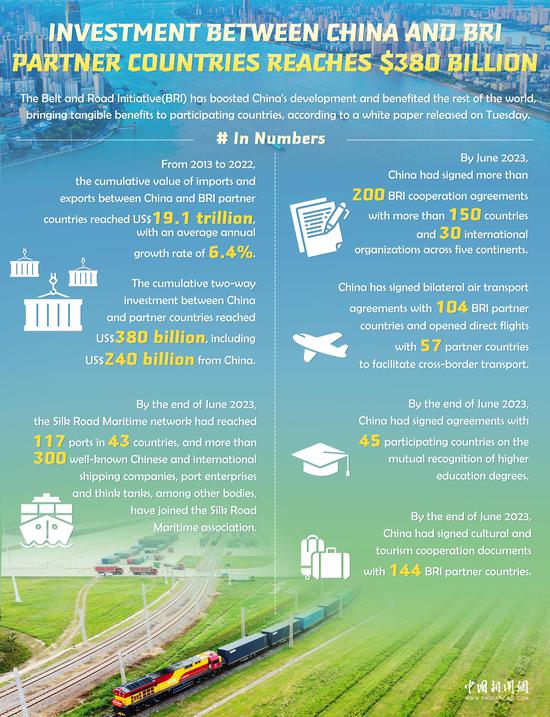
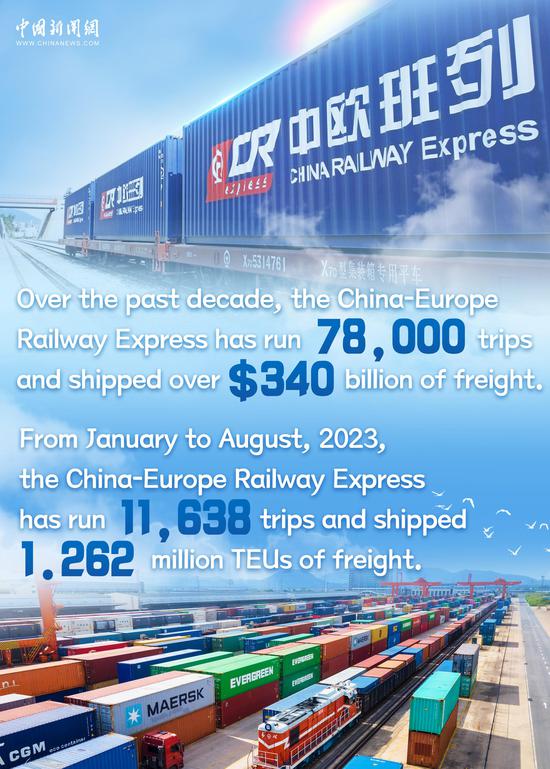
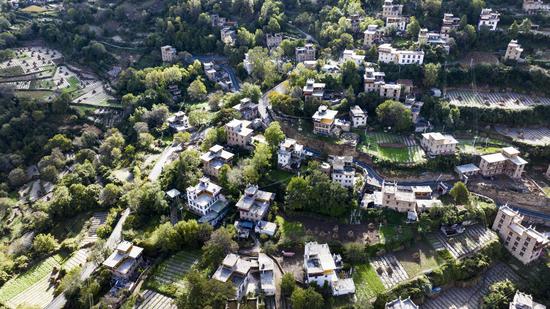

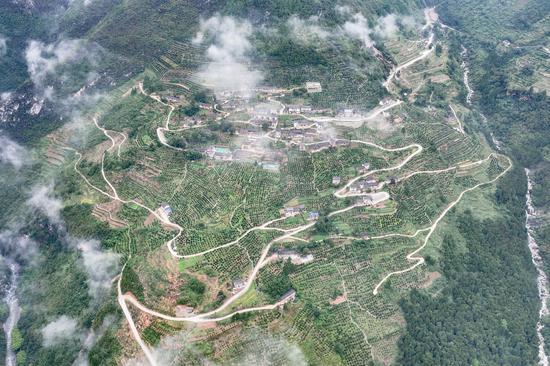



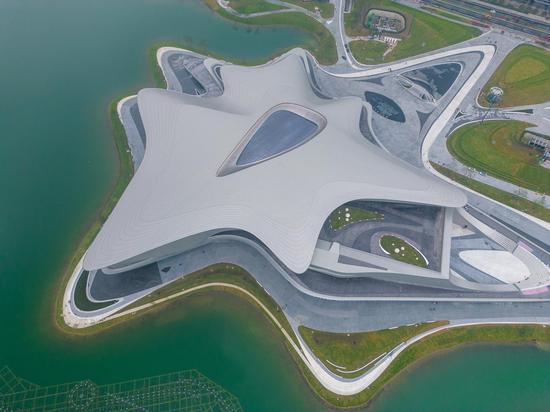






 京公网安备 11010202009201号
京公网安备 11010202009201号